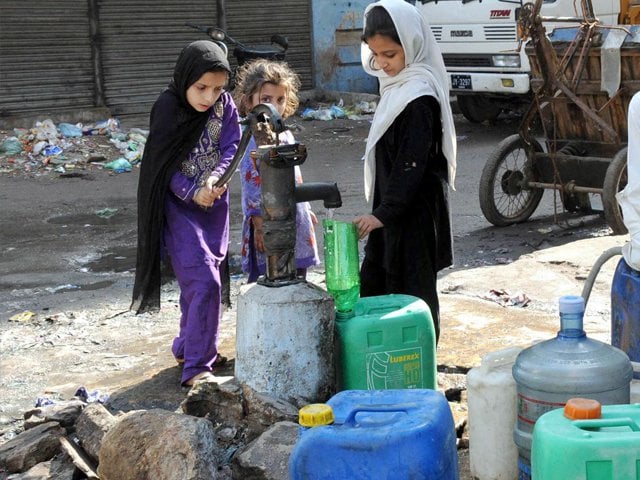
A significant number of households in the twin cities start their day with a call to the local water tanker company or by queuing up in front of tube wells to fulfil their water needs.
The disconnect between water demand and supply is at an all-time high due to the groundwater level in the federal capital, and its next-door neighbour Rawalpindi, dropping to 600 feet. The crisis is exacerbated by the level falling 6 feet annually, as per the Water and Sanitation Agency (WASA). However, according to independent analysts, the annual groundwater level is falling by seven to nine feet.
Apart from the proper utilization of dam and river water, several geologists have pinned this decline on a steady increase in the number of tube wells and residential houses’ water bores. According to numbers from WASA, at present, the two cities have a total of 9,170 public and private tube wells and boreholes. However, as per sources, these numbers are massively underreported as the number of illegal wells and bores is humongous.
With only 3 dams for water supply, namely Rawal, Khanpur and Simli, and rising private housing societies, the twin cities water conundrum has no immediate solution. In a bid to impede the situation, WASA and Capital Development Authority (CDA) have been working to get rid of illegal wells and bores. CDA spokesman, Asif Mehmood, while talking to The Express Tribune said that in any area where we receive complaints of illegal boring or tube wells we immediately levy fines and seal them.
Read Pindi water crisis likely to intensify in next 48 days
“Both of these steps are not a deterrent as most residents opt for the legal route and either get restraining or de-seal orders from the court,” informed Omar Farooq, a spokesperson for WASA. “What people need to realize is that groundwater is owned by the government and anyone who uses it is obliged to pay taxes,” he added.
The residents, however, believe that the city administrations have failed to provide water so they are left with no other choice. Haji Sohail Shehzad, hailing from the Bara Kahu area of Islamabad, is one such resident, who recently drilled a water bore at his house. “I had to get a water bore because the CDA does not do its job of supplying water. What do I do without water?,” a frustrated Shehzad told The Express Tribune. “Now I have water whenever I need it. Before this, I was a victim of the water tanker mafia.”
Niaz Ahmed, a resident of the Rawalpindi area seconding Shehzad’s views, said, “I have no problem paying a fee for bores, I just want to be done with this tanker mafia and water crisis.”
Rawalpindi Development Authority (RDA) Chairman Tariq Murtaza, acknowledging the plight of residents, said that tube wells are not the solution to water problems instead to address this we need river and dam water. “We have started a project from Chahan Dam in Rawalpindi district to supply water to Rawalpindi at a cost of Rs80 million.”
The project comes with a completion timeline of 18 months and will provide 6 million gallons of water daily but this might not be enough as tube wells at 400 to 500 feet will dry up in the next two years. Professor Dr Ulfat Janjua, a local agriculturist, sounding the alarm at the current state of affairs, said, “there is an urgent need for a new dam in the twin cities and an arrangement to store rainwater, without which the water crisis will be even more severe than what we have perceived.”
Published in The Express Tribune, August 28th, 2021.


1725885571-0/Tribune-Pic-(9)1725885571-0-165x106.webp)

1730504285-0/Martha-(1)1730504285-0-165x106.webp)

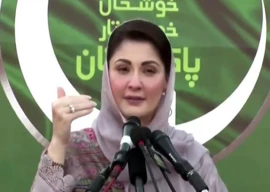
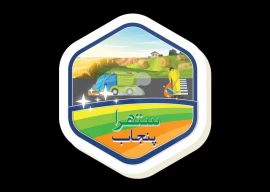
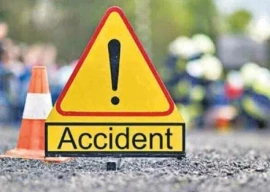




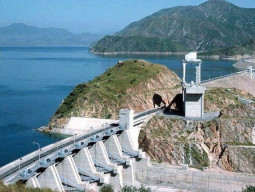






COMMENTS
Comments are moderated and generally will be posted if they are on-topic and not abusive.
For more information, please see our Comments FAQ